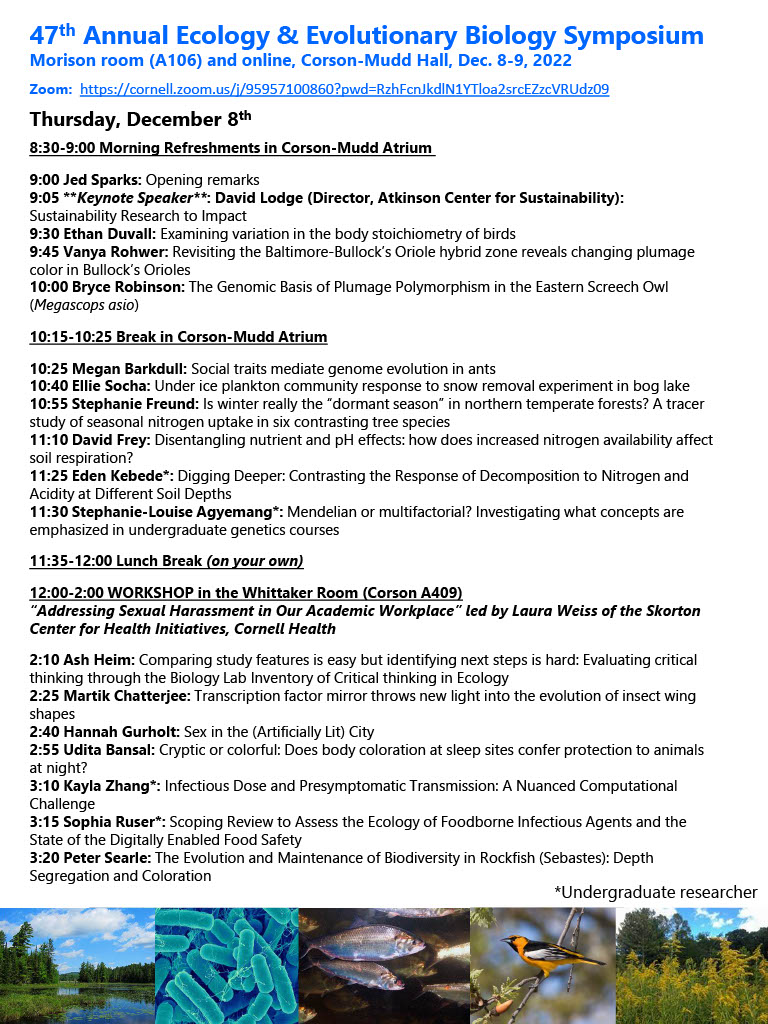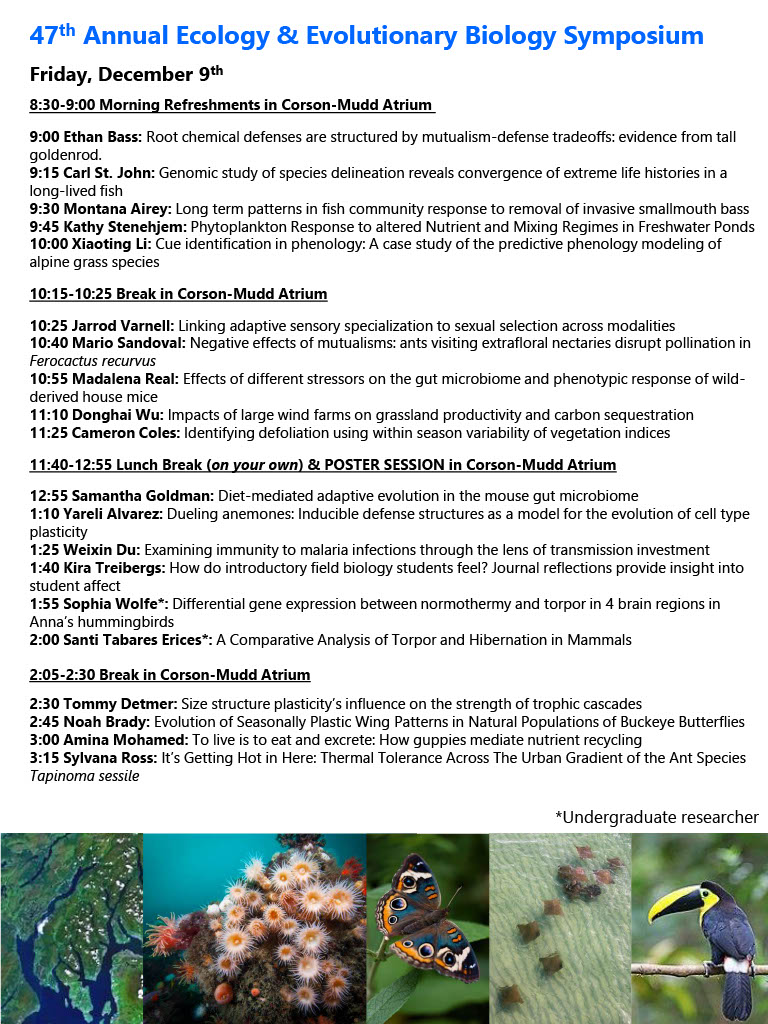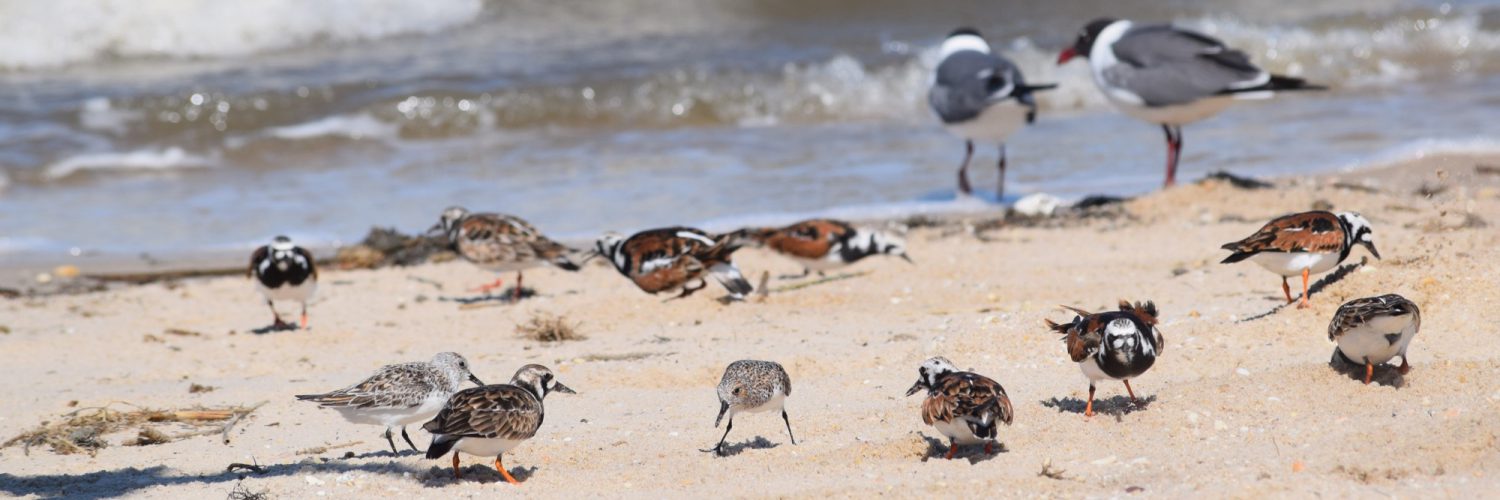Several graduate students in our department defended their dissertations this past summer! Our dissertation defenses include an oral exam with faculty (the “B Exam”) and a public presentation to the department. Read on to find out about three recent Cornell PhDs, in their own words!
Ezra Lencer
My thesis investigated the developmental and genetic changes underlying the evolution of different ecologically important craniofacial phenotypes in a geologically young radiation of pupfishes (genus Cyprinodon) endemic to San Salvador Island, Bahamas. Combining classic morphology with emerging technologies in genomics and cell biology, I was able to show how changes to gene expression produce novel craniofacial phenotypes by affecting jaw growth rates via modifications to cell proliferation dynamics in the heads of each species during development.
I am currently an NIH postdoctoral fellow at CU Anschutz Medical Campus, where I am working on neural crest cell migration with Kristin Artinger and Rytis Prekeris.
Renee Petipas
Plant-associated microbes affect a wide-variety of plant functional traits, and thus they likely affect patterns of plant local adaptation. However, the role of microbes in plant local adaptation is rarely tested. For my dissertation, I explored this idea using reciprocal transplant experiments, moving seeds and soils between limestone barrens and old-fields in northern New York. I found that microbes change patterns of plant local adaptation and are particularly important for plants growing in the harsh limestone barren environment. Upon completion of my PhD, I received an NSF-postdoctoral research fellowship in biology (PRFB) and am currently working at Washington State University exploring coevolution between Medicago lupulina and Ensifer meliloti using museum specimens.
Katie Sirianni
Broadly, I study what determines the distribution of zooplankton populations throughout a landscape with many small rock pools. Dispersal is important because small rock pools are inconsistent habitat– they can dry out, get too hot, or too salty. In addition to dispersing among pools, these zooplankton can disperse in time by making eggs that hatch a long time (years!) after they are produced. These eggs can survive many conditions that the active zooplankton wouldn’t be able to tolerate. I measured how two similar zooplankton species use the combination of dispersal in time and space to persist in these harsh habitat conditions.
Currently, I am teaching classes on Ecology and Field Ecology at Cornell.





